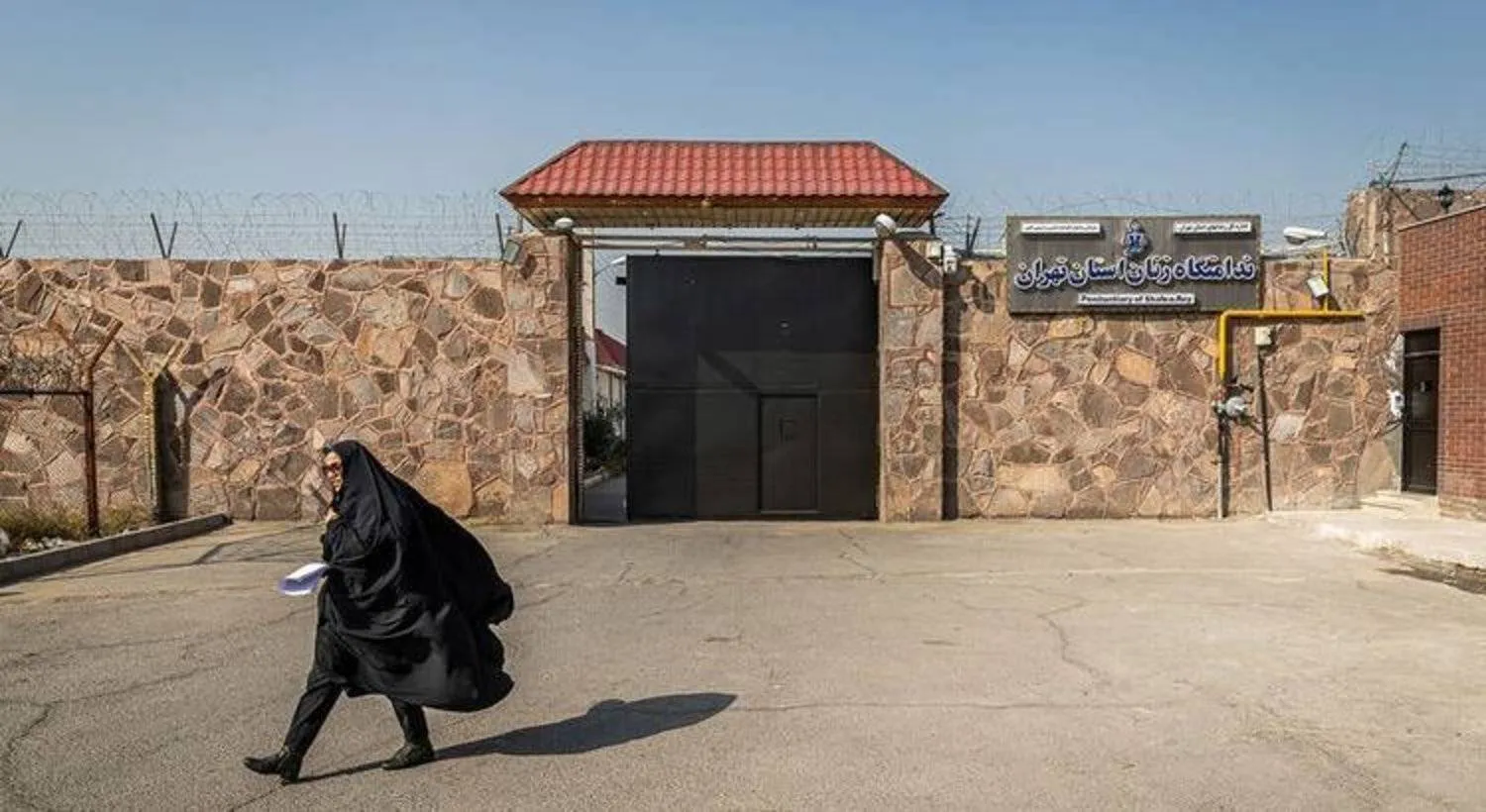The Volunteer Committee to Follow-Up on the Situation of Detainees revealed that at least 600 women were arrested last week in Tehran and other cities during the first death anniversary of Mahsa Amini.
The Committee added that most of the detainees were released on bail while dozens were referred to the Iranian public prosecution.
The Persian media abroad reported that Iran transferred 130 of the detainees to temporary cells in the prison of Qarchak.
Amini was arrested for allegedly flouting Iran's strict dress code for women. She spent three days in hospital in a coma before her death on September 16.
Her death sparked week-long protests that were specifically led by women who challenged the authority by removing their veil.
Months after that, the momentum of the protests vanished in parallel with a crackdown that resulted in 551 deaths, including 68 children and 49 women, by the security forces, as revealed by the Norway-headquartered Iran Human Rights.
Over 22,000 were arrested, according to Amnesty International.
Iranian President Ebrahim Raisi attributed the protests to Western countries.
Neither the government nor the Iranian judiciary commented on the report regarding the arrest of hundreds of women.
Meanwhile, BBC Persian reported from well-informed sources that engineer Zeinab Kazemi was arrested by the security police.
She was earlier sentenced to 74 lashes for removing her veil during a conference for the Tehran Association of Engineers.
Last year, a video of Kazemi went viral showing her throwing her headscarf on the ground before Iranian officials in objection to the quashing of protests.
Sources reported that Kazemi was transferred to Qarchak Prison.
"I have never regretted raising my voice for justice and against oppression, and I still don't," she said in a new video on Amini’s death anniversary.
Iran escalated strict security measures to prevent the families of the victims of the protests from commemorating the anniversary.
In the city of Qazvin west of Tehran the security forces used tear gas to disperse individuals attempting to commemorate the first anniversary of one of the dead.
Fatemeh, the sister of Javad Heydari who was killed last year by live ammunition, reported that security forces fired tear gas into their house and deployed troops to quash any gatherings.
Iran’s parliament on Tuesday approved a bill to impose heavier penalties on women who refuse to wear the mandatory headscarf. The bill would take effect for a preliminary period of three years.









